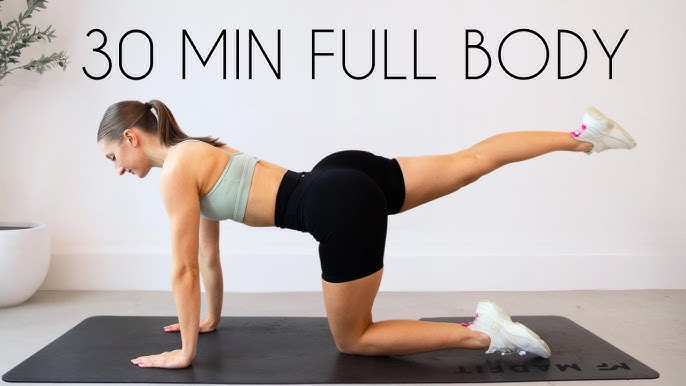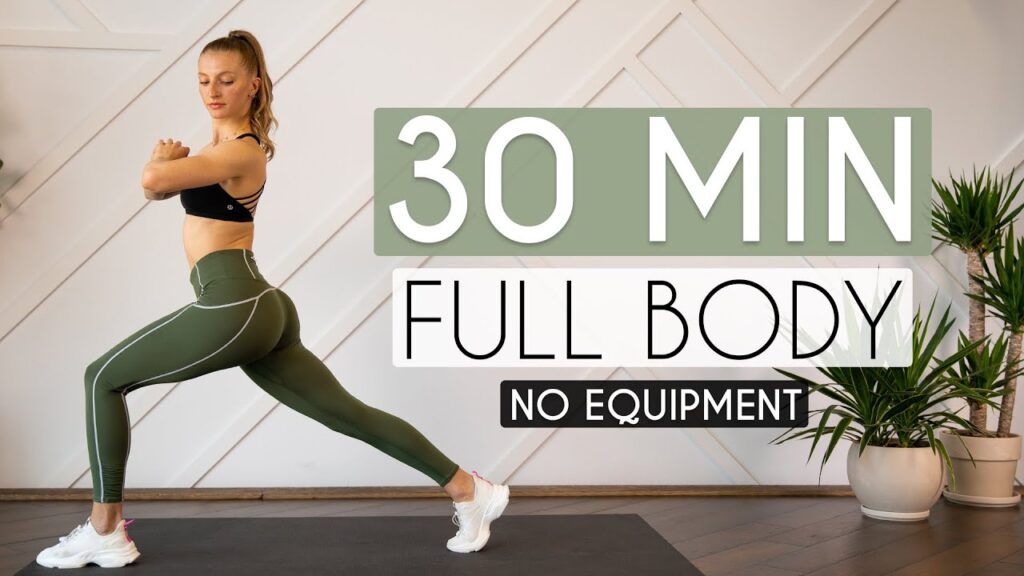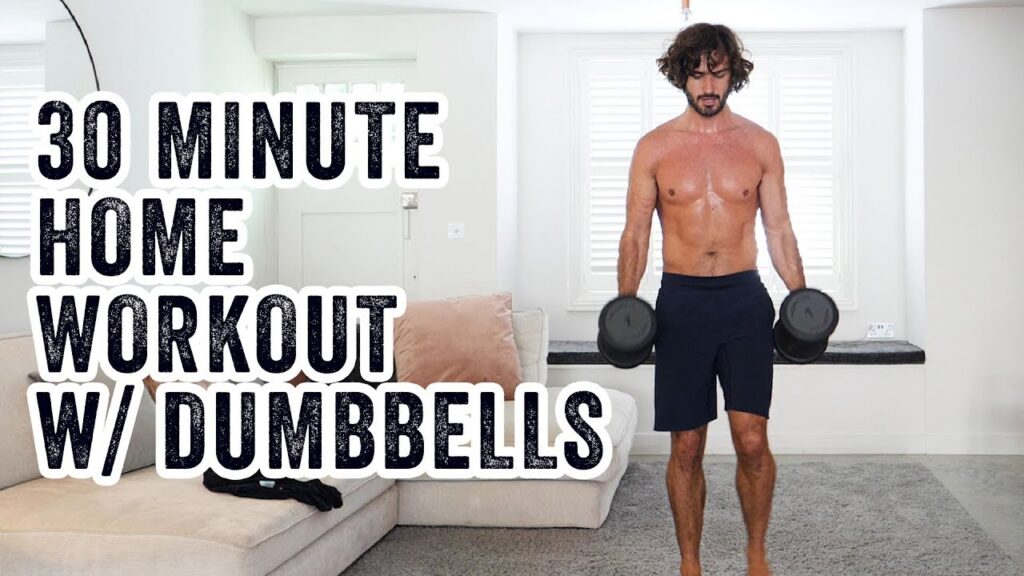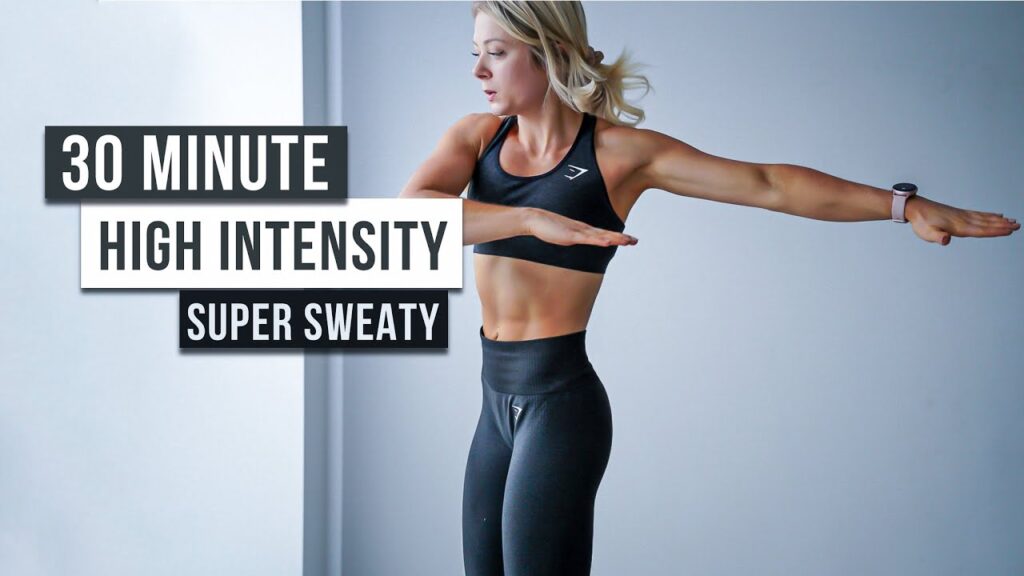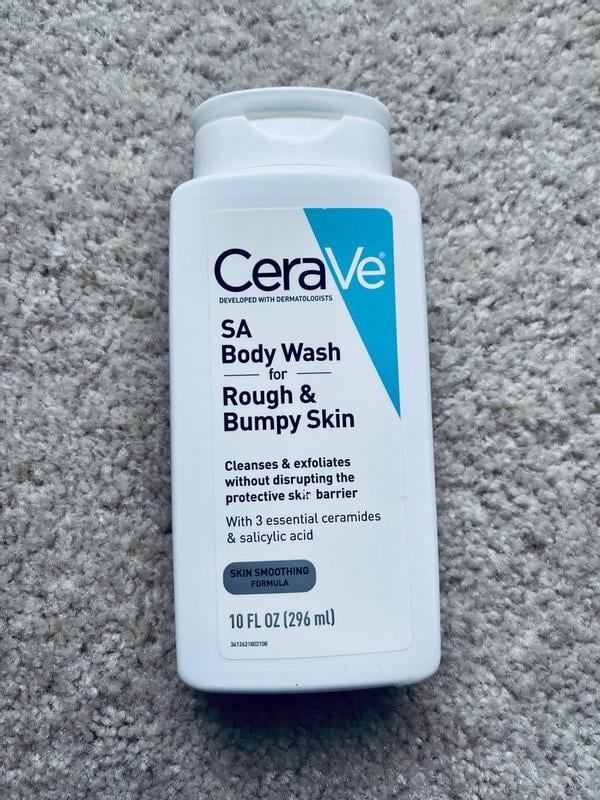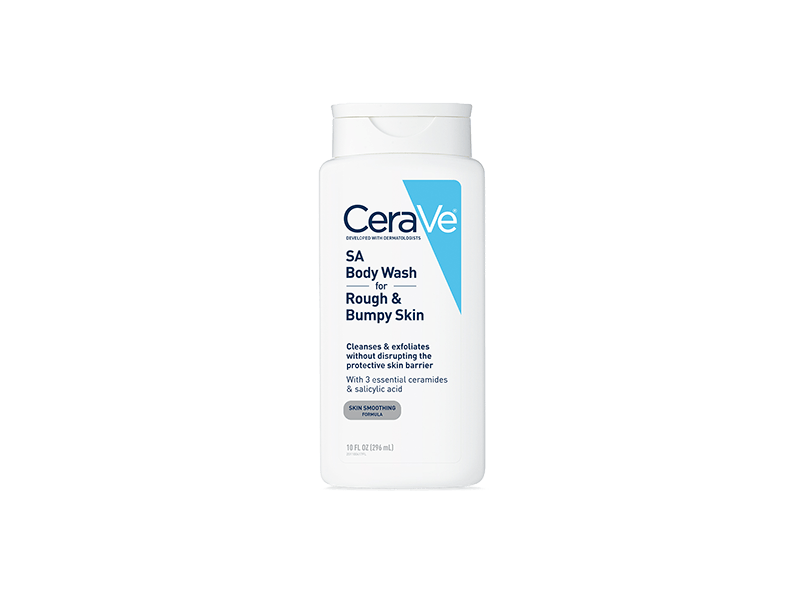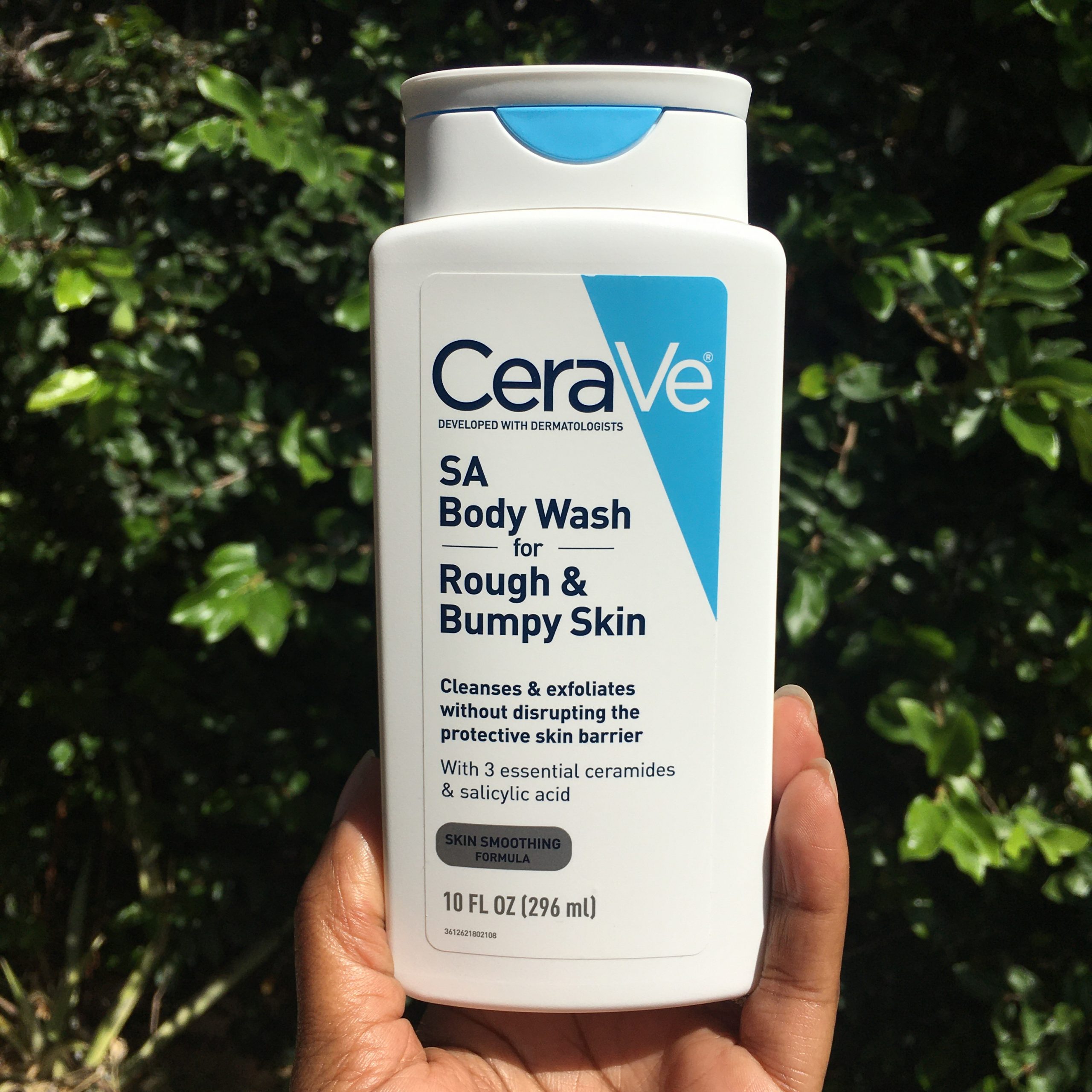30-Minute Workout – In today’s fast-paced world, carving out hours for the gym isn’t always realistic. But here’s the good news: you can get a powerful, effective workout in just 30 minutes—no matter your fitness level, schedule, or location.
Whether you’re at home, at the gym, or squeezing in movement during your lunch break, this guide to 30-minute workouts will help you stay strong, lean, and consistent.
Why 30 Minutes Is Enough
You don’t need to spend hours lifting weights or running on a treadmill to see results. With the right approach, 30-minute workouts can:
- Burn fat
- Build muscle
- Boost metabolism
- Improve mood and energy
- Fit into a busy lifestyle
It’s all about intensity, structure, and consistency.
What Makes a Good 30-Minute Workout?
To maximize your time, a good 30-minute workout should:
Include compound movements (exercises that hit multiple muscle groups)
Keep rest minimal (30–45 seconds between sets or circuits)
Be progressive (increase weight, reps, or intensity over time)
Match your goals—whether fat loss, muscle gain, or cardio endurance
Sample 30-Minute Full-Body Workout (No Equipment Needed)
Here’s a quick bodyweight routine perfect for home, hotel rooms, or outdoor sessions.
- Warm-Up (5 minutes)
- Jumping jacks – 1 minute
- Arm circles – 30 seconds
- Air squats – 1 minute
- Lunges minute (30 sec each leg)
- High knees—1 minute
- Workout (20 minutes—3 rounds)
Complete the following circuit 3 times, resting 1 minute between rounds:
- Exercise Reps
- Push-ups 15
- Squats 20
- Plank to Shoulder Tap 20 (10 each side)
- Reverse Lunges 20 (10 each leg)
- Mountain Climbers 30 seconds
- Cooldown (5 minutes)
- Forward fold (hamstring stretch)
- Seated twist (spine stretch)
- Shoulder stretches
- Deep breathing
30-Minute Strength Training Workout (With Dumbbells)
Perfect for building muscle and toning up.
Warm-Up (5 minutes)
Arm circles
Hip openers
Light bodyweight squats
March in place
Workout (3 Sets Each Superset)
Use a pair of medium dumbbells. Rest 45 seconds between supersets.
Superset 1:
Goblet Squat – 12 reps
Dumbbell Shoulder Press – 10 reps
Superset 2:
Dumbbell Deadlift – 12 reps
Bent-over Row – 10 reps
Superset 3:
Dumbbell Lunge – 10 reps each leg
Hammer Curl – 12 reps
Finisher:
1-minute Plank
30 seconds Jump Squats (optional cardio burst)
30-Minute Cardio HIIT Workout
If fat loss or stamina is your goal, try this high-intensity interval training (HIIT) workout.
Warm-Up (5 minutes)
Jump rope (or air jump) – 1 min
Dynamic lunges – 1 min
Butt kicks – 1 min
Arm swings – 1 min
Leg swings—1 min
HIIT Circuit (20 minutes)
Repeat the following circuit 3–4 times. Work for 40 seconds, rest for 20 seconds.
Burpees
Skater jumps
High knees
Jump squats
Push-ups
Mountain climbers
Cooldown (5 minutes)
Gentle stretching and deep breathing
Workout Schedule Idea Using 30-Minute Sessions
Here’s how you can structure a full week around short workouts:
Day Focus
Monday Strength (Upper Body)
Tuesday HIIT Cardio
Wednesday Strength (Lower Body)
Thursday Core & Mobility
Friday Full-Body Strength
Saturday: Active recovery or yoga
Sunday Rest
Consistency beats intensity every time. Aim for 3–5 short workouts per week for best results.
Benefits of 30-Minute Workouts
Time-efficient—easy to squeeze into your day
Mental focus—easier to stay motivated for 30 minutes
Scalable—You can increase intensity or weights over time
Beginner-friendly – Low time commitment helps form habits
Minimal equipment—Many workouts can be done with bodyweight or dumbbells
Bonus Tip: Fuel Your 30-Minute Workout
What you eat before and after your workout matters—especially when your time is limited.
Before:
Banana with peanut butter
Half protein shake
Greek yogurt with berries
After:
Chicken wrap with veggies
Eggs and whole-grain toast
Final Thoughts
You don’t need a gym membership, fancy equipment, or two-hour blocks of time to get in shape. With smart planning and focused effort, 30 minutes is more than enough to hit your goals—whether you’re building strength, burning fat, or just staying active.
Start small. Stay consistent. And remember: your health journey doesn’t need to be all-or-nothing—it just needs to be something.

